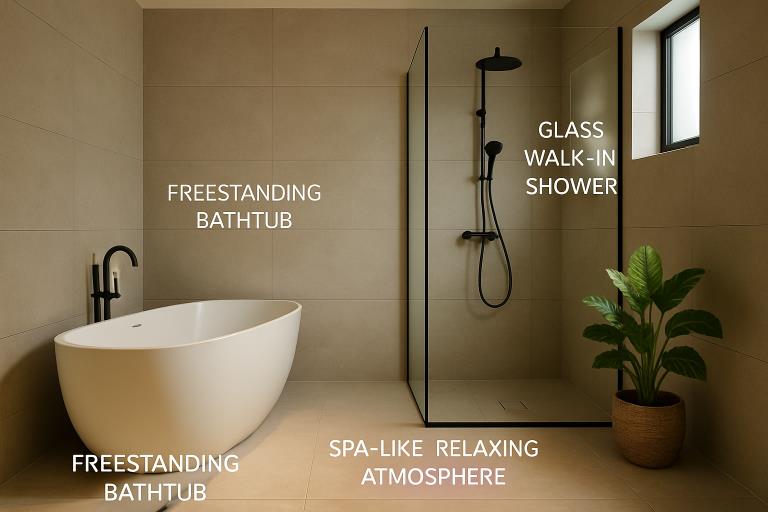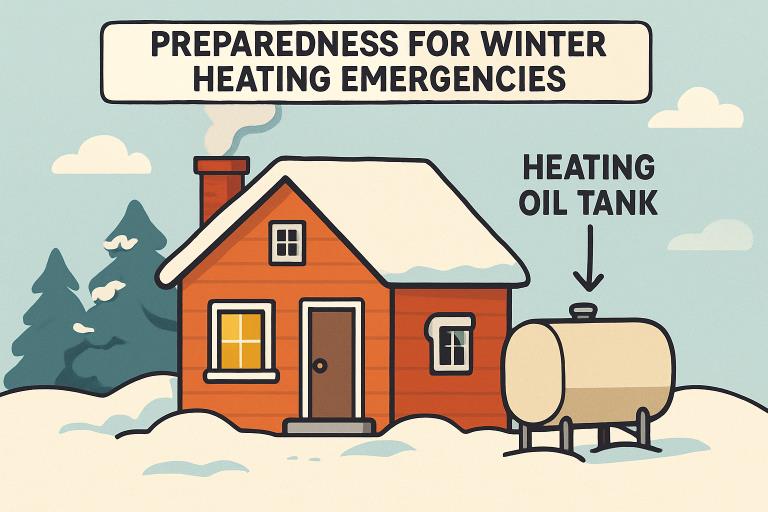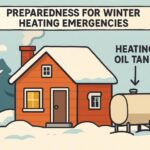Now Reading: Why Regular HVAC Maintenance Matters for Cleaner Indoor Air
-
01
Why Regular HVAC Maintenance Matters for Cleaner Indoor Air
Why Regular HVAC Maintenance Matters for Cleaner Indoor Air

Key Takeaways
- Regular HVAC maintenance is crucial for clean and healthy indoor air.
- Neglecting routine maintenance can lead to poor air quality, increased allergens, and health risks.
- Practicing timely filter replacement, duct cleaning, and regular inspections helps prevent system issues and promotes the overall well-being of the system.
- Proper HVAC care also leads to greater energy efficiency and a longer system lifespan.
Understanding Indoor Air Quality
Maintaining a comfortable home goes beyond temperature—it requires fresh, clean air. Indoor air can quickly accumulate dust, pollen, pet dander, mold spores, and chemicals from cleaning or building materials, affecting respiratory health, allergies, and overall comfort, while also impacting energy efficiency.
One of the most effective ways to address this is by improving indoor air comfort through proper HVAC maintenance. Keeping heating and cooling systems clean and functioning well enhances comfort, reduces exposure to pollutants, and supports long-term health.
Indoor air quality (IAQ) is a crucial concern in every home and business. According to the EPA, indoor air can be two to five times more polluted than outdoor air due to poor ventilation, chemical exposure, and inadequate system maintenance. Regular inspections and cleaning routines are essential to manage IAQ and ensure safe, comfortable air for everyone.
The Role of HVAC Systems in Air Quality
Your HVAC system circulates and filters air to prevent the spread of allergens and pollutants when properly maintained. Failing to clean and inspect filters, coils, and ducts allows contaminants to spread, leading to health issues and unpleasant odors. Moisture around coils or in ducts encourages the growth of mold, bacteria, and dust mites, which can become airborne and cause health issues. Poor airflow and inadequate humidity control also reduce indoor air quality, increasing irritants and contributing to allergy or respiratory problems. Health authorities, such as the Mayo Clinic, state that well-maintained HVAC systems help lower health risks associated with indoor air pollution.
Benefits of Regular HVAC Maintenance
- Enhanced Filtration Efficiency:Regularly replacing or cleaning air filters ensures they efficiently trap dust, allergens, and even microscopic particles, maintaining a cleaner and safer environment.
- Prevention of Mold and Bacteria Growth:System inspections and cleanings focus on humidity management and keeping components dry, preventing the sources of many indoor air irritants.
- Improved Airflow and Ventilation:Annual or semi-annual duct cleaning eliminates blockages and boosts ventilation, spreading fresh air evenly throughout your home and reducing stale or musty air pockets.
- Energy Efficiency:Well-maintained systems require less energy to pump air, reducing your carbon footprint and lowering energy bills.
- Extended Equipment Lifespan:By identifying and addressing small problems early, regular maintenance prevents major breakdowns, extends the life of costly equipment, and reduces the need for emergency repairs.
Key Maintenance Practices
Filter Replacement
One of the simplest yet most impactful habits you can adopt is to switch out standard HVAC filters every one to three months. Using high-efficiency particulate air (HEPA) or electrostatic filters can further enhance particle removal, especially for individuals with allergies or those with pets.
Professional Inspections
Certified HVAC technicians should inspect your system twice yearly—ideally, before the heating and cooling seasons. During these visits, professionals will check refrigerant levels, clean critical components, and ensure all mechanisms operate correctly. Technicians can also provide personalized IAQ improvement tips tailored to your household’s specific needs.
Duct Cleaning
Periodic duct cleaning is essential for removing dust, pet hair, and debris that can compromise both airflow and air quality. Clogged ducts also strain system performance, resulting in higher energy demands and unnecessary wear on mechanical components.
Humidity Control
Balanced humidity helps prevent the growth of mold and bacteria. Modern HVAC systems often incorporate dehumidifiers and humidifiers to regulate indoor humidity levels effectively. For areas prone to dampness, it’s wise to use these features to maintain healthy humidity levels, typically between 30% and 50%.
Conclusion
Regular HVAC maintenance is crucial for maintaining cleaner indoor air and promoting long-term health benefits. Its benefits extend beyond reliable system operation, helping to reduce allergies and respiratory problems and creating a healthier living environment. It also provides peace of mind. Incorporate HVAC upkeep into your household routines to safeguard your investment and your family’s health.





















